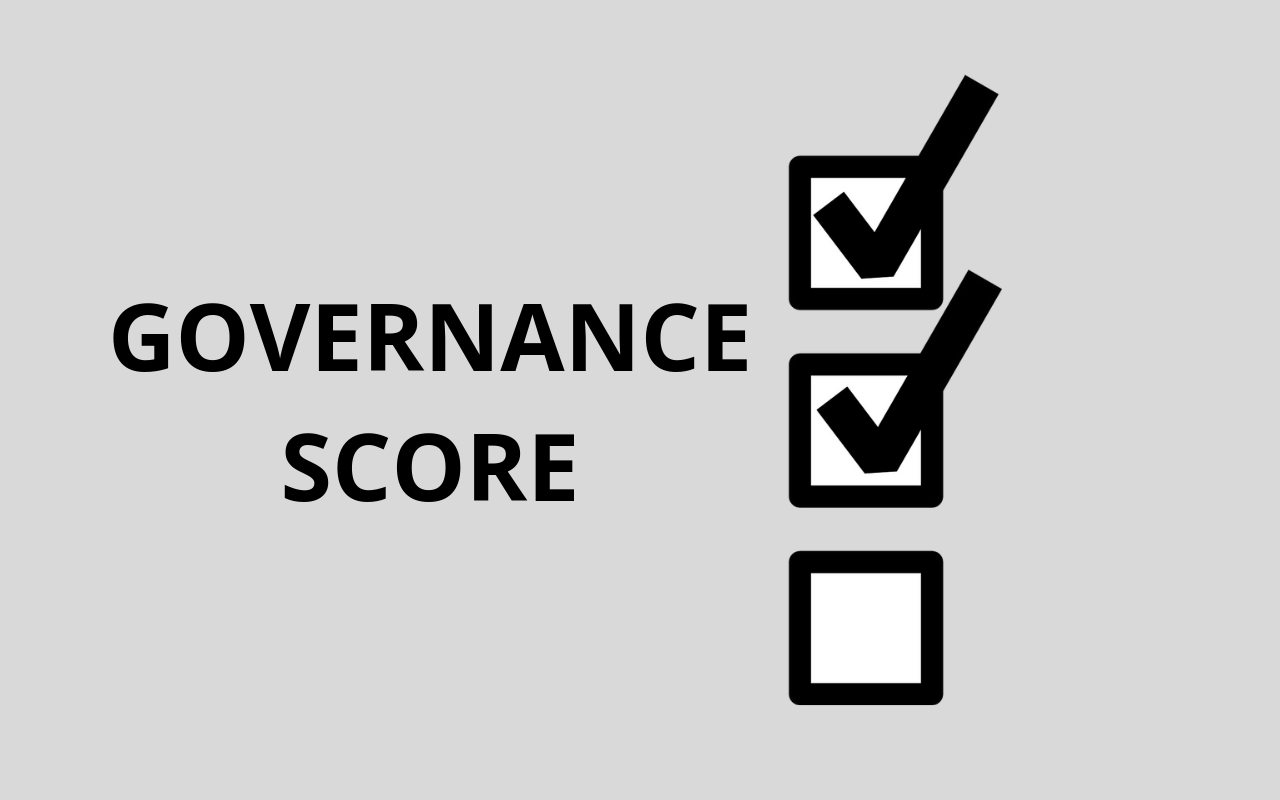Related party transactions falling could be a sign of improving corporate governance in the country.
Given many corporate fraud cases have had one or the other connection to related-party transactions (RPTs)—Satyam, WorldCom, Enron, Jet Airways, amongst others—RPTs are a tightrope for both corporate governance and regulation. RPTs have been eyed with suspicion in India because Indian business houses are often promoter-led. So, from the Bhabha committee (1952) and the JJ Irani committee (2005) to the Companies Law committee (2016), all have suggested some form of control; the Companies Act 2013 vested significant power to adjudge RPTs with the shareholders. According to the Act, RPTs, in general, require the approval of the company’s board and audit committee.
In cases where RPTs exceed a certain amount—10% of net worth or annual turnover—the majority of the shareholders, excluding the interested parties, have to give their approval. However, when a RPT is done on arms-length basis, then such approvals are not needed.
You might also be interested to read: Modi Govt Proposes Major Labour Law Changes For Ease Of Compliance
Now, thankfully, India Inc seems to be moving away from RPTs—as per Business Standard that cites Capitaline data to the effect, RPTs have seen a decline over the past year. According to the annual profit and loss statements made public by S&P BSE 100 companies, RPTs accounted for 11.5% of net sales in FY19—down from 15.4% in FY18. The reason, as experts argue, could be that companies are now facing increased scrutiny with regards to such transactions.
Source: Financial Express




